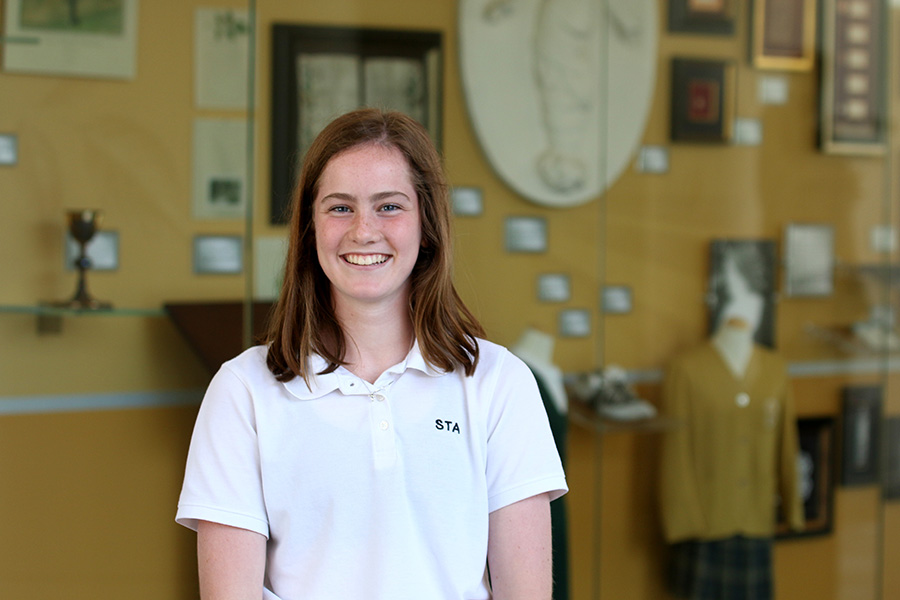Life isn’t always perfect, but it’s always precious
Our fear of imperfection is robbing society of the gifts that thousands of people can bring into our lives. Why are we deciding who does or doesn’t deserve to have value based on one chromosome?
September 25, 2017
It’s becoming an issue of genocide. Of eugenics. The systematic elimination of a certain group of people based on whether or not they have an extra chromosome.
Iceland has all but eradicated Down syndrome. It’s not because they’ve found a cure or been able to genetically modify the DNA. Babies are being screened in utero, and the decision on whether or not they come into the world rests on whether or not a test predicts they have Down syndrome.
Other countries are close behind. Denmark has a 98 percent termination rate for babies testing positive for Down syndrome, closely followed by the United States at 85 percent, according to a 2012 study by the University of South Carolina.
This can’t be a women’s rights issue. It’s not about the health of the mother. In fact, it’s not even about the health of the child. Down syndrome does not and should never mean a death sentence.
My great aunt Mary was born with Down syndrome and a hole in her heart. Should that make her life any less meaningful than yours or mine? I know she was no less dignified, no less valued and no less beautiful than anyone else on this Earth. Her life of 39 years profoundly influenced her parents’ charity and philanthropy throughout their community. Mary inspired my mom to become an occupational therapist and devote her life to working with children with special needs.
I’m not trying to glorify Down syndrome. I know it can be a struggle for so many families to provide proper medical care and therapy for their children. That shouldn’t make termination of the pregnancy the default response.
CBS published an article Aug. 14 titled, “What kind of society do you want to live in?: Inside the country where Down syndrome is disappearing.” Since then, newspapers across the world have picked up on the story.
The question, “What kind of society do you want to live in?” was posed by Thordis Ingadottir, the mother of Agusta, a seven-year-old girl living in Iceland with Down syndrome. Agusta was one of three kids born with Down syndrome in 2009. The test was only 85 percent accurate.
Ingadottir has become a strong advocate for people with Down syndrome. She sees the light her daughter has brought to her life, and can’t imagine life without her. “I will hope that she will be fully integrated on her own terms in this society,” Ingadottir said. “That’s my dream.”
What’s going to happen when, 50 years from now, we look around and realize that Down syndrome doesn’t exist anymore and the world is no better for it? What kind of society do we want to live in? For me, the answer is simple: not one that makes any person feel like they’re a burden, unable to add value or make their mark in the world.
We can’t forget the scars we bear from our history when we have attempted to create a “perfect” society of “perfect” people.





Anne Marie Sulzer • Oct 23, 2017 at 1:30 pm
So proud of you Gabby Staker!!
Bridget • Oct 10, 2017 at 8:02 pm
Nice article my niece Gabby ?
Paige Powell • Sep 28, 2017 at 2:24 pm
This is amazing Gabby. I love that you are bringing attention to a topic that is often ignored, thank you for always being a voice for the voiceless. Keep up the good work!!
Maura G • Sep 26, 2017 at 10:07 am
This article gave me CHILLS. I love it so much Gabby, thank you for writing so eloquently about this often ignored crisis.